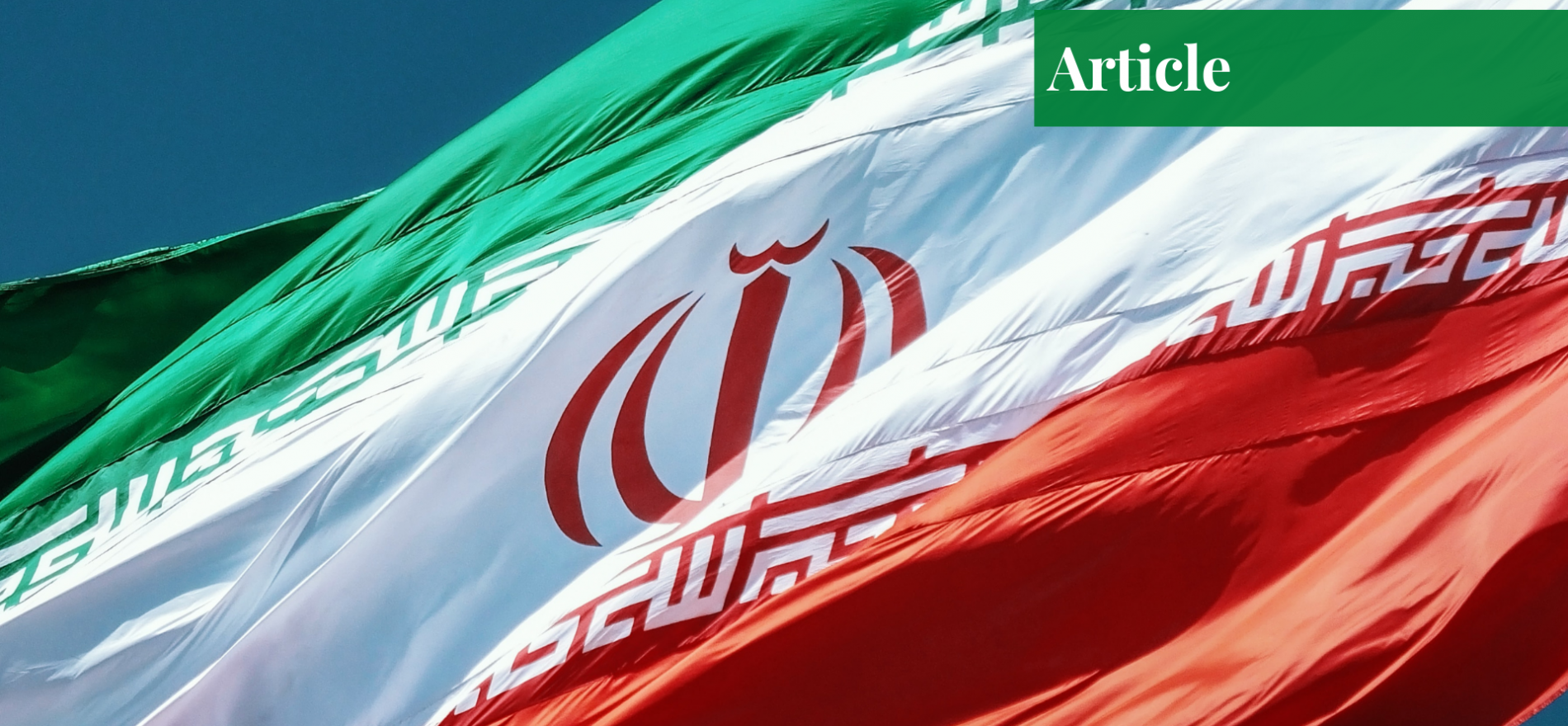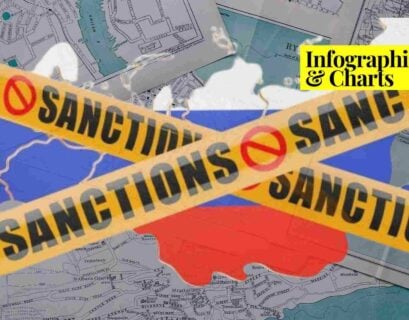Being associated with the science of nuclear weapons makes one susceptible to harm. This fact stands true for the nuclear scientists in the Iranian republic. No matter how developed a state may be, no country is as prone to the loss of its nuclear elite as Iran.
The Islamic Republic and its quest for nuclear capability have been under fire since times immemorial. The hypocrisy of developed states when it comes to the issue of nuclear arms is a subject best left untouched for now; since, in the modern era, the word “hypocrisy” has become synonymous with politics.
The Nuclear History of Iran
On the topic of hypocrisy, it is quite ironic how it was the United States that helped Iran get started on its nuclear project. During the era of Raza Shah Pahlavi, the US and Iran enjoyed friendly relations. In 1957, Washington and Tehran signed an agreement under the Atoms of Peace project initiated by Dwight Eisenhower. The agreement led to the formation of the first nuclear facility in the country, in the University of Tehran.
The “great friendship” between the two rested on Iran’s strategic importance for Washington and the Shah’s hopes of remaining in power while modernizing Iran. Owing to this partnership, Iran ratified the heavily biased Non-Proliferation Treaty in 1970.
The cooperation between the western world and Iran continued in the nuclear realm until the Shah’s government was toppled in 1979. The leader of the Islamic revolution, Ayatollah Khomeini had already adopted an anti-America stance, calling the United States the “Great Satan”. He preaching to his people that it was time to get out of American slavery.
This is where things started going downhill for the nuclear program of the republic. The once-ally-now-enemy, USA, began to rally for restrictions on the nuclear program of Iran. Over the years, Iran has been repeatedly sanctioned to cripple its economy in order to prevent it from becoming a nuclear state.
The Calculated Deaths of Iranian Nuclear Scientists
To adopt whatever means necessary, in order to get to the desired ends, is a trait that develops usually over time. The pace of this trait depends upon the state’s power. Hence, sometimes it develops suddenly. This trait is commonly found in some states considered to be some of the most advanced ones in terms of economy.
Thus, the killing of Iranians who possess the required intellect, to make the country a nuclear power, comes as no surprise. To the enemies of Iran, these deaths are just a means to an end. Despite repeated attempts from the Western world, Iran has refused to give up on its nuclear program, one that it claims shall be used only for peaceful purposes.
Over the years, Iranian nuclear scientists have been attacked in broad daylight and brutally killed. While incidents such as the murder of the head of the Nuclear Technology Center of Isfahan had been taking place before 2010, the killing spree started to gain momentum a decade ago.
It started with the killing of Masoud Ali Muhammadi, a top physicist in Iran. A bomb strapped to a motorcycle parked outside the professor’s home went off, killing the talented physicist who was involved in the nuclear program of the country. In the same year, 43-year-old Majid Shahriari, who was heading an important nuclear project for the country, lost his life when a motorcyclist attached a bomb to his car.
Darioush Rezaeinejad was 35 when he was shot in the neck and killed brutally, outside his daughter’s kindergarten class. The young man had been witnessed making trips to a nuclear facility in Tehran. 32-year-old Moustafa Roshan was also put to death for working in a facility that enriched uranium. The recent killing of Mohsin Fakhrizadeh, Iran’s most senior and top nuclear scientist added one more name to the list.
The moment such unfortunate incidents take place, Iran wastes no time in labeling the activity as an act of aggression carried out by the intelligence agency of the republic’s arch-enemy—Israel. It is no secret that the claims of Israel being behind the attack are more often true than not.
Israel’s satisfaction and pleasure over the assassinations have been proven by the less than subtle expressions of happiness of top Israeli officials. It is further elevated with the confessions of the likes of Majid Fasih. He admitted to having been trained by Mossad—Israel’s intelligence agency—somewhere near Tel Aviv, to carry out the attack on Masud Ali Muhammadi.
Mossad’s involvement and infiltration in Iran were made obvious when the Israeli Prime Minister, Benjamin Netanyahu, presented documents stolen from Iran to the public. These documents contained information about Iran’s nuclear program and Mr. Fakhrizadeh’s staff.
The Enemy Within
The Zionist regime of Israel doing whatever it can against a state it considers its enemy has become the norm in the realm of realism. However, the one aspect that Iran best be concerned about, more than the acts of aggression planned by Israel, is the level of infiltration the enemies of Tehran have achieved inside the country.
Plans—no matter where they are made—can not be executed with such perfection without any inside help. It is safe to say that those who oppose Iran’s acquisition of nuclear power have oiled a few palms inside the country to help them achieve the results they desire. The Arab proverb—a thousand enemies outside the home are better than one within—sheds light on the frightening situation in Iran.
What It Means For Iran
The untimely deaths of the nuclear elite in Iran raises questions on the national security of Iran. The country is well aware of the importance of its nuclear scientists. Why, then, is the state failing to provide adequate security to them? How have the enemies infiltrated so deep within the country that they roam around on motorbikes, fixing bombs and shooting people?
Until and unless the Islamic Republic figures out a system to weed out those that betray the state from within, it will remain an easy target of the powers that disagree with the state’s policies. The need of the hour for the country is to keep an eye out for external enemies while scanning for infiltrators within the mainland.
If you want to submit your articles and/or research papers, please check the Submissions page.
The views and opinions expressed in this article/paper are the author’s own and do not necessarily reflect the editorial position of Paradigm Shift.



















